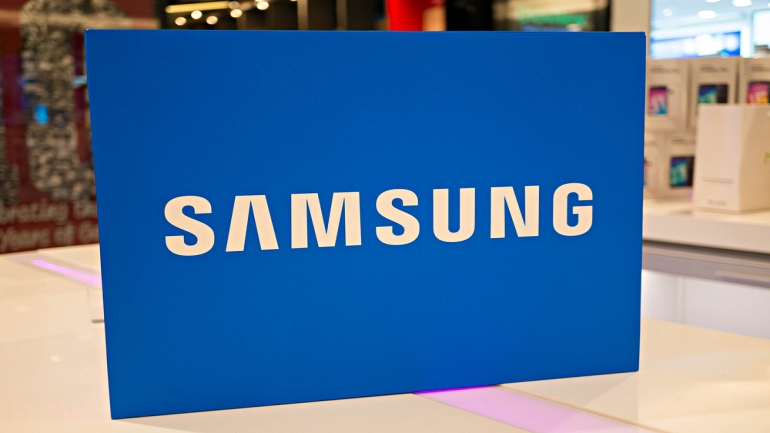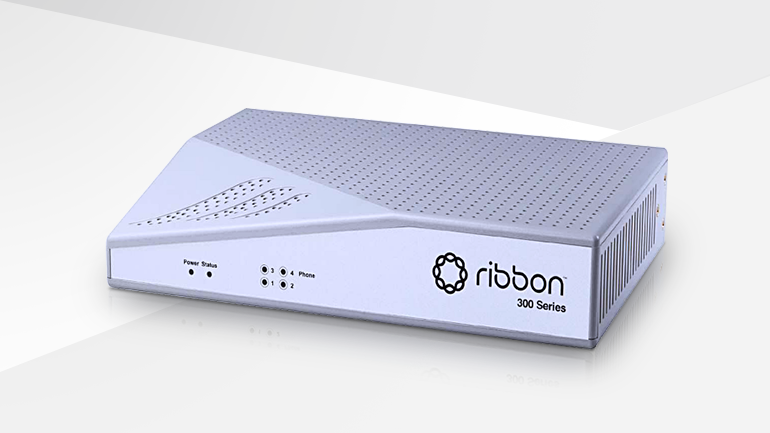BEREC says COVID-19 won’t break the internet The Body of European Regulators for Electronic Communications (BEREC) has announced that the increase in Internet usage across the continent is more or less stabilizing and that networks have been able to withstand the pressure. BEREC said that national regulatory authorities (NRAs) have reported “a stabilization in the overall traffic, but some NRAs still observe an increase of the overall traffic.” Some operators have expanded their network’s capacity to cope with the steady growth of traffic. According to the organization, “operators, which did not take any such measure, are still closely monitoring their network’s capacity to check if an upgrade is necessary.” Read more at https://tinyurl.com/rxmg53l Vodafone slashes costs of core network functions across Europe using VMware’s telco cloud The UK-based telecoms operator Vodafone has completed the deployment of a single digital network architecture across all of its 21 European business markets, using…
The South Korean tech giant, Samsung Electronics, has announced an effective demonstration of what it terms the world’s first video call on the Amazon Web Services (AWS) cloud platform using Mission Critical Push-to-Talk, Data and Video (MCPTX, also known as Mission Critical Communications), the communications functionality designed specifically for first responders. Based on 3GPP Release 14 specifications, this implementation was enabled by the successful onboarding, integration and deployment on AWS cloud. Wonil Roh, Senior Vice President and Head of Product Strategy, Networks Business at Samsung Electronics, said, “This demonstration showcases how Samsung’s Mission Critical Communications solutions can manage public crises and be readily deployed on public cloud platforms. It also enables us to learn and adapt to the evolving needs of service providers and end-users alike. This brings a new level of broad coverage, scalability and reliability to mission critical service deployments, and we look forward to continuing our journey…
Comcast says voice and video calls have skyrocketed 212 percent during widespread self-isolation Comcast Corporation, a global media and technology company, has announced that voice and video calls have more than tripled on its network since people across the US started working from home due to the COVID-19 outbreak. According to the company, traffic in this category has increased by 212 percent in total, while overall peak traffic on its network has grown by 32 percent. Tony Werner, Comcast’s tech leader, said that the additional traffic is “well within the capabilities of the network,” and despite the increases in usage, the company’s network is working just fine. Read more at https://tinyurl.com/skncjow Zoom freezes feature development to fix security and privacy issues Over the past few weeks, the Zoom video conferencing app has been widely used for personal and business online meetings during the coronavirus lockdowns around the world. According to the…
The US technology company Ribbon Communications has introduced its new EdgeMarc 300 Series to provide small businesses, home office and branch office customers that currently have analog voice infrastructure, with an easy and cost-effective way to capitalize on IP-based voice services. The cloud solutions provider said that the EdgeMarc 300 is part of the recently launched cloud-based Ribbon Next Generation Intelligent Edge portfolio, which securely connects and enhances enterprise voice and data applications, including Microsoft Teams. This portfolio of edge solutions delivers service assurance, advanced analytics, security, policy and routing functionalities for cloud communications applications. Ribbon’s EdgeMarc 300 is a survivable branch office solution that supports the integration of analog endpoints and the public switched telephone network (PSTN), as well as Session Initiation Protocol (SIP) calls. This gateway provides connectivity between analog and SIP devices, enabling branch offices to rapidly migrate analog phones to a SIP-based network and communicate seamlessly with…
Hailo raises $60 million to accelerate the launch of its AI edge chip Israeli startup Hailo has raised further USD 60 million in series B funding for artificial intelligence (AI) chips, bringing its total financing to date to USD 88 million. This round, led by existing investors, was joined by strategic investors including ABB Technology Ventures, NEC Corporation, and London-based Latitude Ventures. Hailo said the new funding will help to roll out its Hailo-8 Deep Learning chip and to reach new markets and industries worldwide. The Hailo-8 could give edge devices far more processing power than before, allowing them to perform AI tasks without having to connect to the cloud. The company was founded in 2017, and its technology is designed for the automotive market, smart cameras, smartphones, drones and AR/VR platforms. Read more at https://tinyurl.com/tbwyjnb Ericsson starts manufacturing of 5G base station in Texas Sweden’s Ericsson, one of the…
The next-generation wireless technology for digital cellular networks is steadily gaining traction, with significant implementations under way. All of the major carriers are rolling out their 5G networks, targeting large cities that crave super speeds, virtually lag-free connections, extended coverage and other great benefits that are made available by this advanced technology. 5G has already been launched in many different locations around the world, but it is still considered to be in its initial stages. All of the US carriers have now launched some form of 5G cellular network. But what exactly is 5G, how fast is it compared with 4G, what will it bring to VoIP applications, and what are the benefits and drawbacks of this innovative technology? Let’s take a look at 5G in more detail. What is 5G? 5G stands for fifth-generation cellular wireless and is the next generation of telecom networks that entered the…
A towering success: Cellnex revenue tops €1bn Cellnex Telecom’s revenue for 2019 exceeded EUR 1 billion with 67.5 percent of total income coming from infrastructure services it provides to operators. The Spanish wireless infrastructure operator currently owns 36,471 operative sites in eight European countries and plans to add 28,000 more as a result of ongoing acquisition deals pending completion. Cellnex has also announced a partnership with Bouygues Telecom to help them deploy their 5G network. The two companies have agreed to create a joint venture (51 percent Cellnex and 49 percent Bouygues Telecom) that will deploy and operate a fiber network connecting infrastructure equipment across France. Read more at https://tinyurl.com/s6fmz4h Google plans to invest $10 billion in US offices and data centers in 2020 Google has unveiled its plans to invest more than USD 10 billion in offices and data centers across the United States in 2020. Google and Alphabet…
EU’s new digital strategy targets data-hoarding tech firms The European Commission has proposed its new European digital strategy “Europe Fit for the Digital Age” that puts a target on all the biggest US tech players. It states that a large part of the world’s data is currently owned by a small number of Big Tech firms, which “could reduce the incentives for data-driven businesses to emerge, grow and innovate in the EU today, but numerous opportunities lie ahead.” The new proposals indicate the need to provide “an attractive policy environment”, which means that data can flow throughout the EU while applying data protection values established under the General Data Protection Regulation (GDPR). Read more at https://tinyurl.com/wdb9hee Dell targets telco edge deployments with new server, micro data centre Dell Technologies has introduced new products for telecom operators that are building out edge network deployments. A compact high-performance server, a modular micro…
Deutsche Telekom, Telefonica and Orange test blockchain technology Deutsche Telecom is testing a blockchain solution that can be used to generate and sign secure inter-operator roaming discount agreements. T-Mobile US, Telefonica, Orange and the GSMA are collaborating to test the software that will reduce the complexity of the current process, which usually involves drafting, signing and manually implementing the contracts. Deutsche Telecom said that this is the first time operators are able to jointly test blockchain as a solution that also incorporates a corresponding legal framework, governance model, and integration into corporate IT infrastructures. Read more at https://tinyurl.com/rpwsegx The world’s biggest phone show has been canceled due to coronavirus concerns The GSM Association (GSMA) has canceled the world’s largest mobile phone show, Mobile World Congress (MWC), in Barcelona due to concerns related to the growing coronavirus pandemic. The GSMA represents the interests of mobile operators worldwide uniting more than 1,200…













